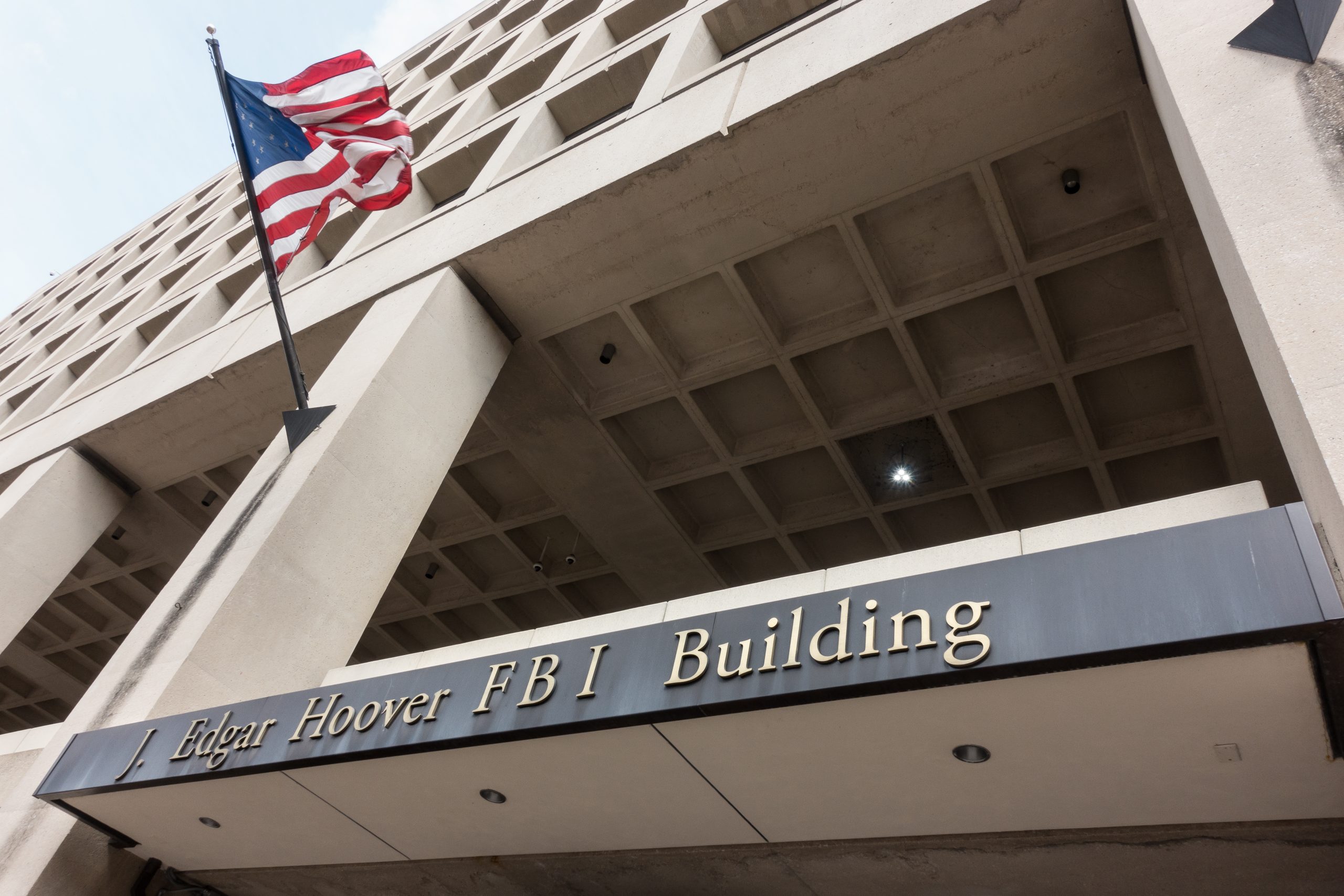Democrat Outrage Ignites Over FBI’s Unchecked Surveillance Overreach

New revelations of the Federal Bureau of Investigation’s overstepping of constitutional bounds have begun to stir controversy, even within Democratic ranks. Strikingly, a prominent Democratic lawmaker has publicly voiced outrage over the bureau’s inappropriate use of an essential surveillance tool.
Senate Judiciary Committee Chairman Dick Durbin (D-IL) admonished the FBI’s improper utilization of Section 702, a foreign surveillance apparatus under the Foreign Intelligence Surveillance Act (FISA). At a recent hearing, Durbin shared his dismay, “Since the last reauthorization of Section 702, many violations of the constitutional, statutory, and court-imposed restrictions on 702 have come to light.”
Reports suggest that the FBI transgressed the limits of the law nearly 278,000 times, infringing on the privacy of almost 19,000 campaign donors. Intriguingly, only eight cases were eligible for such an inquiry under Section 702’s explicit guidelines.
Section 702 is designed to focus on “non-U.S. persons, located abroad, who are expected to possess, receive, or communicate foreign intelligence information.” However, the misuse of this surveillance tool against American citizens – specifically those who interacted with the targeted foreigners – proffers concerns about the unchecked potential of the surveillance state.
This power of the state to pry into citizens’ lives without due process is a profoundly troubling breach of constitutional rights. Conservative voices have long expressed worry over such state overreach, and it’s heartening to see liberal leaders sharing these apprehensions, revealing a growing bipartisan skepticism of the Section 702 program.
While intelligence agencies downplay these indiscretions, dubbing Section 702 an “elegant program” and “irreplaceable and invaluable,” the reality remains disquieting. These problems extend beyond campaign donors, touching individuals involved in domestic protests, including Black Lives Matter activists, and domestic drug and gang violence incidents.
Durbin stated, “These searches have affected all Americans, such as individuals listed in police homicide reports, including victims, next of kin, and witnesses.” The reported misuse of Section 702, once earmarked for foreign intelligence for domestic matters, raises questions about the unchecked expansion of surveillance powers. The FBI’s vow to make changes rings hollow in light of continual violation reports.
The fate of the Section 702 program, due to expire at the end of the year, hangs in the balance. If the revelations surrounding the FBI’s misuse of this surveillance tool trigger a broader debate in Congress about renewing it, there’s hope for a more significant overhaul.
With an increasing number of Democrats expressing concern over these privacy invasions, we might be witnessing an unexpected convergence with conservative viewpoints on personal freedom and constitutional rights. As this unfolds, it becomes increasingly critical that lawmakers uphold the fundamental American values of privacy and due process, taking decisive action against unwarranted and unchecked surveillance.
























